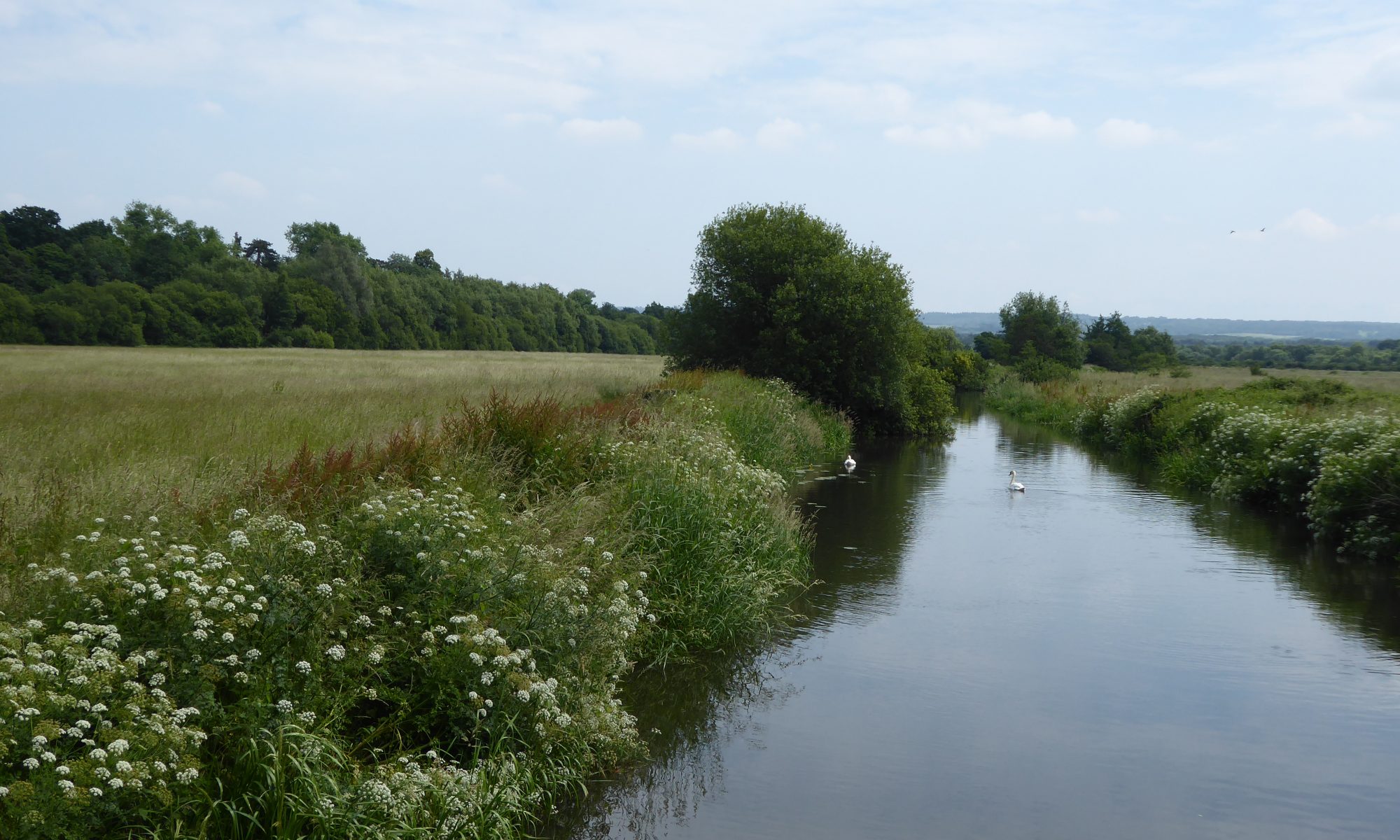If there’s one thing that is going to upset me it’s when we humans apply our “values” on to the natural world. There are many examples of this in modern everyday life and with my conservation instinct at the core of how I look at things there is one that stands out. I am constantly bewildered at how many vital habitats are ‘ tidied up ‘, all because some say they are untidy. There are 1000s of people across the length and breadth of our country who on any given day, could be tidying up our green spaces. This can range from forestry to gardening where people will be trimming hedges, cutting lawns, cutting roadside verges, felling trees, spraying chemicals and countless other activities in order to keep things NICE and TIDY.
Due to social conditioning, many people seem to think this is the correct way to do things and despite various warnings, we are now living in serious times where there are real possibilities of many species becoming extinct due to habitat loss, climate change and persecution in some cases.
It was untidier when I was younger and I recall seeing a flock of 300 chaffinches feeding in winter stubble on a local Farm. You’d be hard pushed to see a flock of chaffinches that big these days let alone a winter stubble field! This is a big example of the “tidying up” of our countryside with farmers being part of the problem but government management of our agricultural land being a much bigger issue. In today’s modern farms, winter wheat is by far the commonest grain grown and is harvested in August most years. The reason winter wheat gets its name is because it is sown in autumn and will slowly develop over winter. The time of harvest till the land is ploughed up and re-sown is the only time where birds and mammals can get access to the fallen off seed. With the old-fashioned stubble field there was access to the seeds throughout winter. This fast production system has taken away a huge amount of vital food for the wildlife and this crop seems to have led to fields being enlarged often at the cost of headlands and hedges and habitats of many plants and animals.
The changes in our agricultural land use since the second World War have had a catastrophic effect on our wildlife. The statistics are proving it and most farmers would say that land productivity has increased, which it has undoubtedly has, but the price has been paid for by our wildlife. Since 1945 97% of meadow lands have gone and all of the associated species have also gone. That’s how serious things have got in these times. The pressure farmers are under from government policy is relentless and serious polices need introducing as soon as possible to redress the balance.
When I used the words tidy and tidiness in this piece I realise that the farmers are more pressurised by government policy in how they manage their farms but other issues of over tidiness seem to be more avoidable, but would need a change of thinking. I’m mainly directing this last comment at the host of gardeners amongst us. I’m constantly amazed at how many gardens have either turned into car parks or bowling greens. It saddens me to see how many gardens have been so heavily manicured and over fertilised that they are little use to wildlife. There is also the massive issue of pesticides that are used on the farms, high ways and now in gardens. We know what these pesticides are capable of and how they kill one of the most important links in the natural food chain. It seems crazy to me to see some dangerous pesticides for sale in supermarkets now days. I urge all gardeners to not use any chemicals and leave areas in their gardens to over grow and encourage invertebrates to make their home. A little untidiness can go along way!
We can but hope that more government money will be put into nature conservation but I’m not holding my breath. With this in mind we should do what we can on a practical level; in our garden for example and if you feel motivated enough, an email to your MP may help raise their awareness that people do care about the state of our countryside. My last advice is, don’t cut the whole of your lawn if you have one, make a compost heap and plant some wildflowers.
